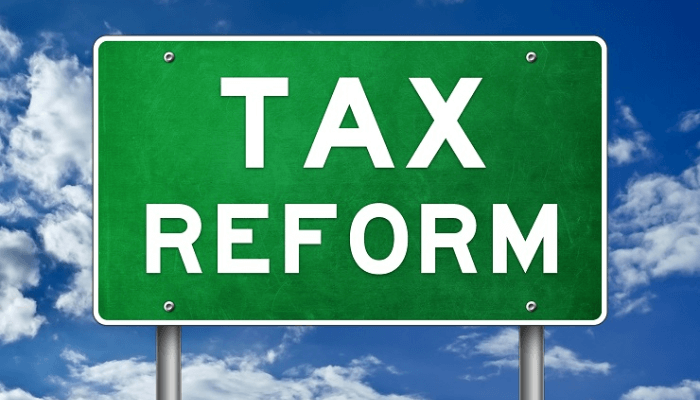In a significant move toward restructuring the nation’s fiscal framework, the upper legislative chamber on Wednesday endorsed two of four proposed financial system enhancement measures. These include a comprehensive institutional overhaul of the national revenue body and a framework aimed at streamlining the procedures for public income administration and oversight.
Following a closed-door deliberation lasting over two hours, the red chamber ratified recommendations from its finance panel, chaired by a key northern legislator. The measures now move to the lower legislative house and require executive authorization before they become enforceable instruments.
One of the approved policies introduces a new basis for allocating proceeds from value-added economic activities, replacing prior location-based criteria with end-user consumption as the determinant. Under this model, central authorities will retain a 10% share, sub-national entities will receive 55%, and grassroots administrations are assigned 35%. Among regional governments, distribution will consider equal share (50%), population size (20%), and location of end-use (30%), while the grassroots tier follows a slightly adjusted formula. A proposed reduction in collection fees from 4% to 2%—including revenue derived from extractive sectors—was accepted during deliberations.
The second measure formalizes the reconstitution of the primary revenue entity, appointing the national chief executive as chair of its supervisory board, with a Senate-approved deputy leading operational affairs. The structure includes regional representation, ensuring a spread of appointments across the country’s six major zones, with safeguards against dual appointments from any single state.

Expanded mandates for the restructured entity include overseeing corporate levies, driving policy modernization, and pursuing illicit financial activities linked to non-compliance. The proposal sets financial and custodial penalties for failure to register, declare earnings, or maintain accurate records, with fines ranging from tens of thousands of naira to potential imprisonment.
Presiding officers of the chamber praised the process and those who mediated disputes, asserting that the final framework was shaped by consensus rather than sectional interests. One senior figure noted that a special internal committee played a pivotal role in reconciling early disagreements, paving the way for broad legislative alignment.
Two additional components of the fiscal reform package are scheduled for review during the next plenary session.



